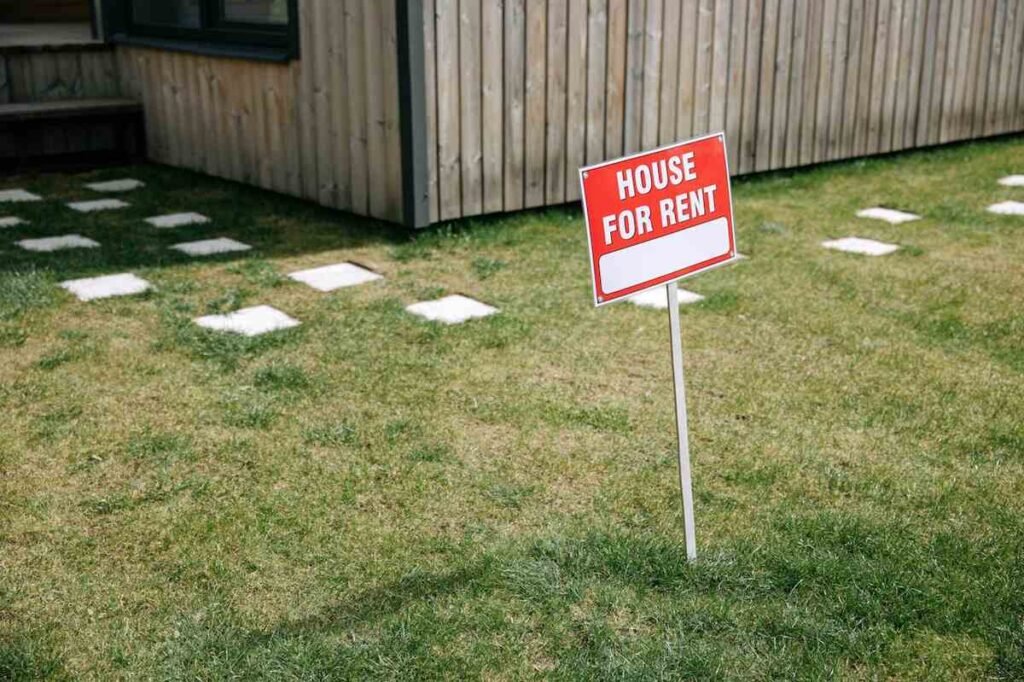Physical Address
304 North Cardinal St.
Dorchester Center, MA 02124
Physical Address
304 North Cardinal St.
Dorchester Center, MA 02124

Rent Increase Negotiation can feel daunting, especially when the hike is steep or unexpected. While rising housing costs are common, you don’t have to accept them without question. The good news? You can negotiate. With preparation, clear communication, and a calm approach, it’s possible to ease—or even avoid—the increase. Here are 5 proven strategies to handle rent hikes peacefully and protect your financial peace of mind.

Why it matters: Landlords often base rent increases on market trends, but that doesn’t mean every increase is justified. Researching comparable units in your area gives you a clear understanding of what’s fair.
If you find that your rent hike exceeds local averages, you’ll have a strong case to bring to your landlord.
Pro tip: Print or screenshot listings of comparable rentals and highlight key differences. A data-driven argument is more persuasive than emotion.
Why it matters: Emotions can run high during rent negotiations, but anger or confrontation won’t help your case. Approach the conversation with respect and professionalism.
Example:
“I’ve really enjoyed living here and appreciate how well you maintain the property. However, I was surprised by the proposed increase. I’d love to find a solution that works for both of us.”
Sample rent negotiation letter
Pro tip: Document all communications for future reference—especially if you reach a new agreement.
Why it matters: Landlords want stability. If you’ve been a reliable, responsible tenant, emphasize that. It’s costly and time-consuming to replace tenants.
Make it clear that keeping you as a tenant benefits the landlord as much as it benefits you.
Pro tip: If you’re willing to sign a longer lease (e.g., 18–24 months), offer that as leverage in exchange for a lower increase or locked-in rate.
Why it matters: Negotiation is a two-way street. Instead of rejecting the increase outright, propose a compromise that works within your budget while respecting the landlord’s position.
Use numbers to frame your proposal and keep it respectful. Avoid ultimatums unless you’re ready to follow through.
Negotiation strategies that work
Pro tip: If the landlord says no initially, ask if they’d be open to reconsidering in a few weeks or after reviewing their finances.
Why it matters: Many cities and states have laws regulating rent increases—especially in rent-controlled or rent-stabilized units. Knowing the law helps you determine whether the hike is legal or excessive.
Check your local tenant protections
If your landlord is violating regulations, you may be able to file a complaint or work with a tenant advocacy group for support.
Pro tip: Even if there are no caps, knowing your rights puts you in a stronger position to negotiate with confidence.
Facing a rent hike can be daunting—but it’s also an opportunity to assert your value and engage in a respectful conversation. By doing your research, staying calm, and offering solutions, you can often find middle ground that benefits both you and your landlord.
Remember, your voice matters. In today’s challenging rental market, informed and empowered tenants are more important than ever.
If this article helped you understand how to negotiate a rent increase peacefully, share it with fellow renters who might be facing the same situation. Spread the knowledge and don’t forget to explore our blog for more housing tips, renter rights insights, and budgeting guides.